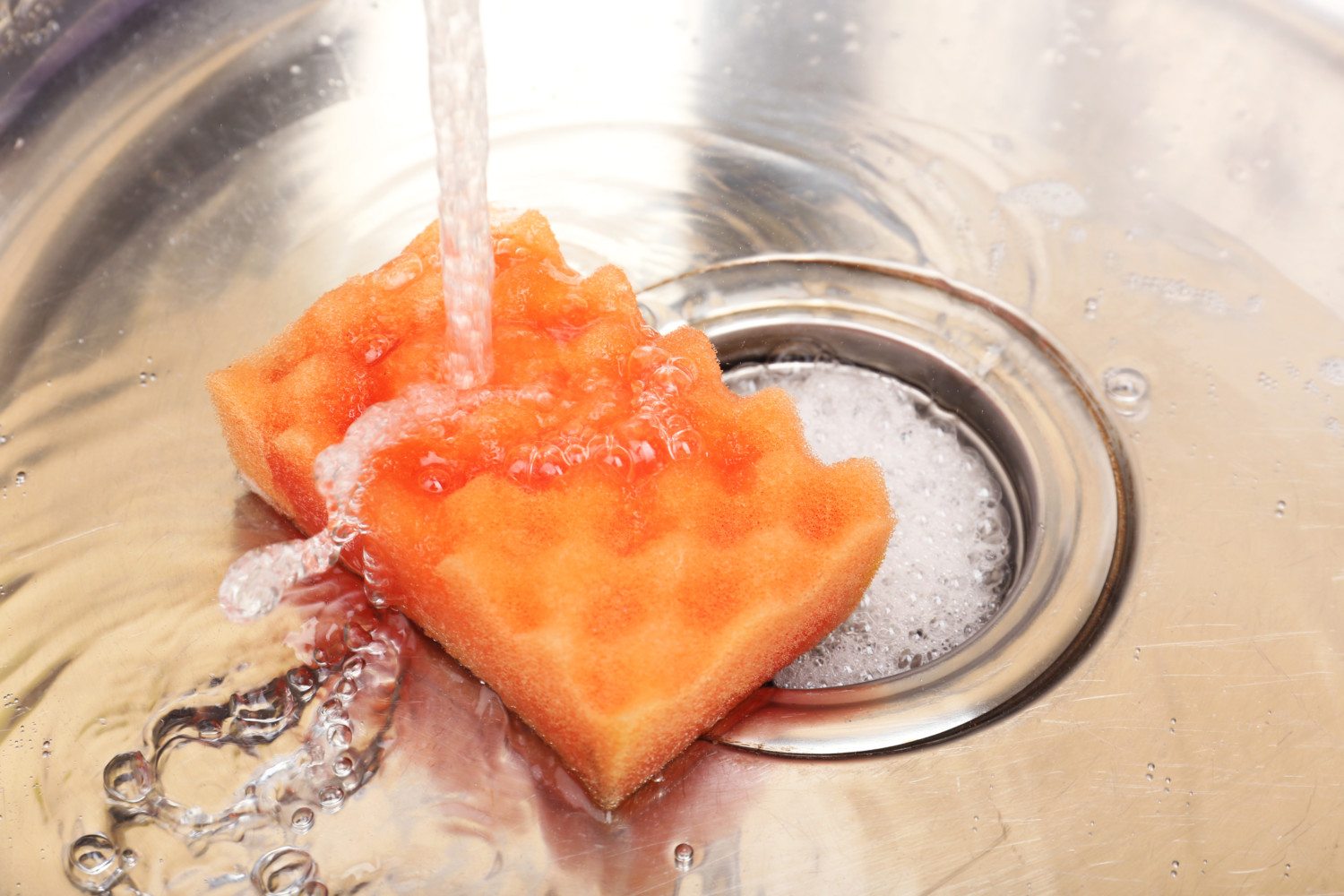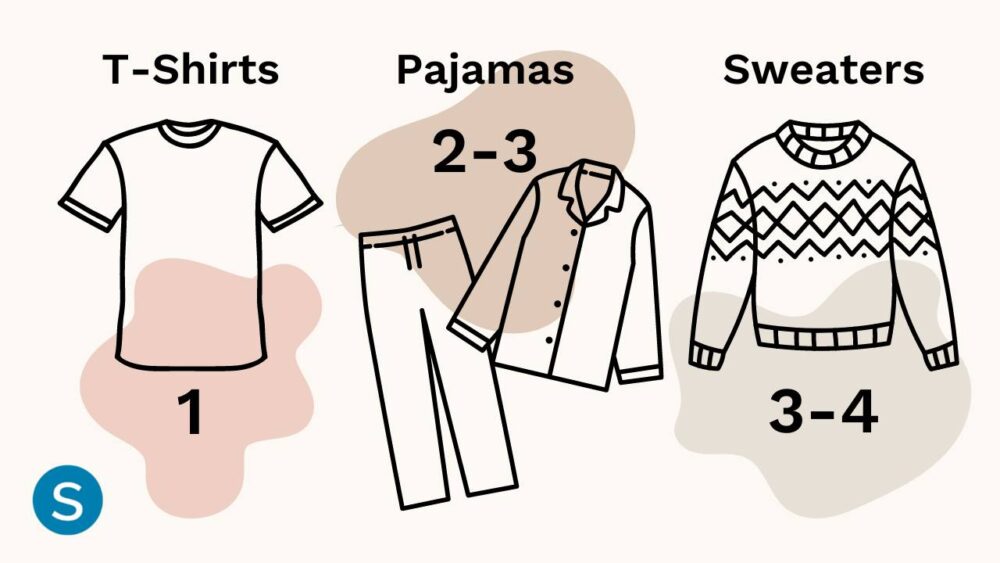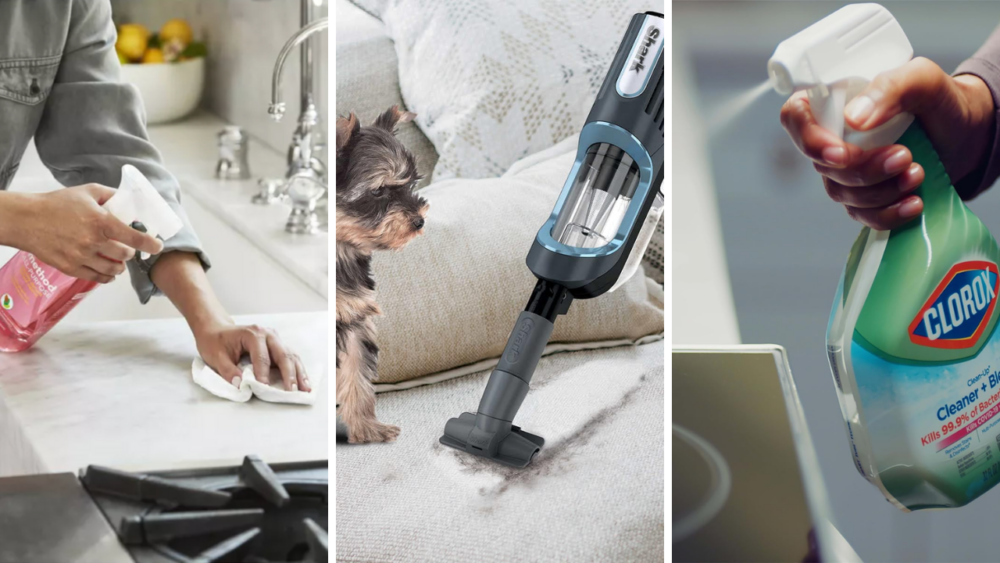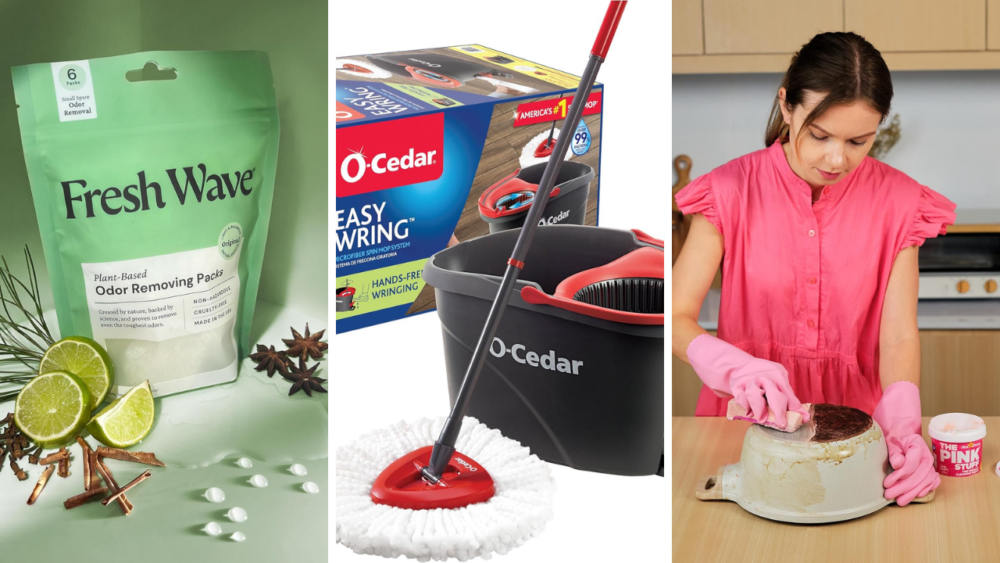You might just want to throw away all your sponges after reading this

Sure, that kitchen sponge sure is helpful when you’re trying to wipe your dishes clean or scrub that stinky gunk off your counter but, as you are probably well aware, sponges can get pretty gross in no time flat.
But before you toss that germ-infested squishy thing in the microwave in an effort to kill off bacteria, let us inform you that you might be doing more harm than good.
What Happens When You Microwave Your Sponges?
A recent study published in Scientific Reports claims that while, yes, some of the bacteria on sponges can be killed when microwaved, some of the larger, more potent types of bacteria will survive.
And not only will it survive. It will thrive.
The strongest, most potentially pathogenic bacteria can actually reproduce during a microwave nuking session, leaving you with a sponge that is riddled with the worst type of bacteria. And oftentimes, it will be extra smelly, too.
How Much Bacteria Are On Our Sponges?
Even more disturbing, the study also found that we’ve underestimated both the quality and range of bacteria that dwells and thrives within sponges.
Markus Egert, a microbiologist at the University of Furtwangen in Germany, and his team analyzed 14 used sponges. They looked at the DNA and RNA in samples of these sponges and were able to identify a startling number of 362 different species of living bacteria. Gross!
Egert and his team also discovered that the amount of bacteria on each sponge was much more dense than what we thought, with about 82 billion (yes, billion) molecules of bacteria living in just one cubic inch of sponge.
“That’s the same density of bacteria you can find in human stool samples,” Dr. Egert told the New York Times. “There are probably no other places on earth with such high bacterial densities.”
It was also discovered that a microbe called Moraxella osloenis—a bacteria that can live on human skin—is often found present on sponges. Those with weak immune systems can even contract infections from this powerful bacteria, though linking the cause to a dirty sponge can be hard to confirm.
Should We Burn All Of Our Sponges Immediately??
So the bottom line here is that, even though you put your best efforts into disinfecting your sponge—whether by microwaving it, tossing it in the dishwasher or washing it with your load of laundry—you’re not going to kill all of the living bacteria on there.
With that said, researchers suggest replacing your sponges on a weekly basis.
Or if you’re totally over the idea of even touching a sponge after reading this, you could always invest in a tub of antibacterial wipes.





